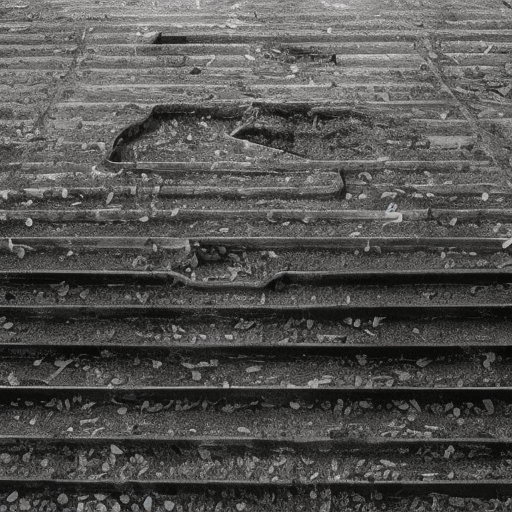Summary of “City of God” by Fernando Meirelles
One-line summary:
“City of God” is a gripping and intense Brazilian crime drama that explores the violent and chaotic world of the favelas in Rio de Janeiro.
Main cast and crew:
– Director: Fernando Meirelles
– Writers: Paulo Lins (novel), Bráulio Mantovani (screenplay)
– Key actors: Alexandre Rodrigues (Rocket), Leandro Firmino (Li’l Zé), Phellipe Haagensen (Benny), Douglas Silva (Dadinho), Matheus Nachtergaele (Carrot), Seu Jorge (Knockout Ned)
– Music director: Antonio Pinto, Ed Cortês
– Director of photography: César Charlone
– Producers: Andrea Barata Ribeiro, Mauricio Andrade Ramos
Plot:
“City of God” follows the lives of several characters living in the poverty-stricken and crime-ridden favelas of Rio de Janeiro. The story is narrated by Rocket, a young aspiring photographer who grew up in the City of God, a violent slum controlled by drug lords.
The film explores the rise of Li’l Zé, a ruthless and ambitious gang leader who starts as a young boy named Dadinho. Li’l Zé’s thirst for power leads him to become the most feared and influential criminal in the City of God. As the violence escalates, Rocket documents the chaos and brutality through his camera lens.
Amidst the chaos, Rocket befriends Benny, a charismatic and kind-hearted gang member who dreams of escaping the favela. Benny’s friendship with Rocket provides a glimmer of hope and a chance for redemption in an otherwise bleak environment.
The film also delves into the story of Knockout Ned, a black man seeking revenge against the police officers who killed his brother. Ned’s quest for justice turns him into a vigilante, but he soon realizes that violence only begets more violence.
Themes and motifs:
“City of God” explores themes of poverty, violence, and the cyclical nature of crime. It portrays the harsh realities of life in the favelas and the limited opportunities for its residents. The film also examines the corrupting influence of power and the consequences of unchecked ambition.
The motif of photography is prevalent throughout the film, symbolizing the power of capturing and documenting the truth. Rocket’s camera becomes a tool for both witnessing and exposing the violence and despair within the City of God.
Reception and legacy:
Upon its release in 2002, “City of God” received critical acclaim for its raw and realistic portrayal of life in the favelas. It was praised for its dynamic storytelling, compelling performances, and innovative cinematography. The film was nominated for four Academy Awards and won numerous international awards, solidifying its place as a modern classic.
“City of God” has had a lasting impact on cinema, influencing filmmakers around the world with its gritty and authentic depiction of urban violence. It remains a powerful and thought-provoking exploration of social inequality and the consequences of a society plagued by crime.
Recommendation:
“City of God” is a must-watch for fans of crime dramas and those interested in exploring the harsh realities of life in the favelas. It is a visually stunning and emotionally gripping film that will leave a lasting impression.
Memorable quote:
“Life’s all about choices. Some we regret, some we’re proud of. We are what we choose to be.” – Rocket












